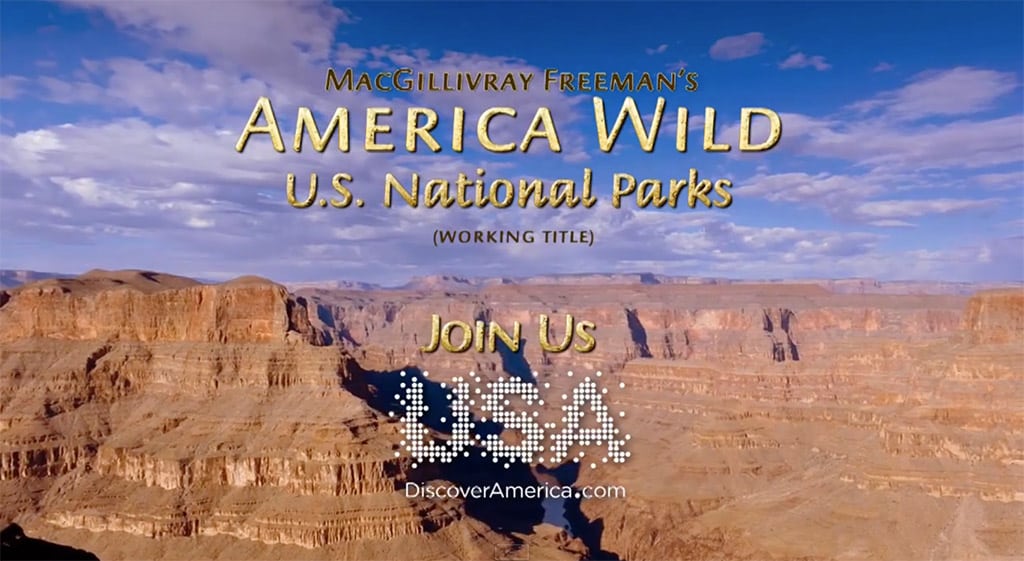Brand USA Whistleblower Lawsuit Challenges Cooperative Advertising Agreements

Skift Take
Were contributions from the travel industry to Brand USA intended to go directly back to the contributing company, at a 30 percent or greater premium, instead of funding broader marketing campaigns to promote inbound tourism to the U.S? That is part of what this lawsuit is about.
A whistleblower lawsuit filed against Brand USA by its former vice president of operations alleges that the travel promotion entity engaged in "kickback schemes" with Visit California and Visit Florida, among others, and fraudulently inflated partners' contributions to meet budgetary goals and qualify for greater federal matching funds.
Mary Ellen Curto, who served as vice president of operations for a year until she was fired in October 2013, alleges that Brand USA signed marketing agreements with partners that hinged on Brand USA reimbursing their donations to Brand USA at a minimum of 130 percent in the form of advertising and services that supported partners' existing ad campaigns and at times through the partners' own advertising agencies.
"Despite Ms. Curto's best efforts to engender a culture of compliance and accountability at BUSA, BUSA Chief Executive Officer Chris Thompson and some members of the Board of Directors remained determined to circumvent government oversight and run the corporation for their own personal gain," alleges the lawsuit, filed in October 2014 in federal court in Washington, D.C. The existence of the lawsuit first came to light last week.
Brand USA's Answer
Brand USA responded with a complaint supporting a still-pending motion to dismiss the Curto lawsuit, stating that the tourism marketer denies the allegations and, as a private, non-profit entity established by Congress in 2009 to promote foreign travel to the U.S., it has broad discretion on how to use its funding.
"For example, because of Brand USA's unique status, the Government Accountability Office 'found that Brand USA was not required to ... adopt federal policies and procedures designed to facilitate program accountability and evaluation,' including federal procurement regulations," states Brand USA's answer to Curto's complaint.
The "kickback schemes" that Curto alleges took place are actually permissible cooperative advertising programs, Brand USA states in support of its motion to dismiss.
"Importantly, Ms. Curto never alleges that, at the time Brand USA entered into these purported agreements, it did not intend to use federal matching funds to promote travel to the United States," Brand USA's answer states. "Nor does she identify any provision in the Travel Promotion Act that prohibits the use of funding in the manner she labels as 'kickbacks.'"
"What is more," the Brand USA complaint adds, "the Department of Commerce was -- and remains

